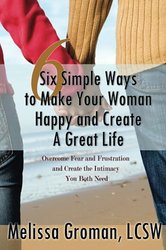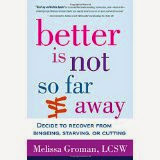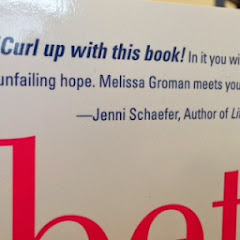People often express to me that they would like to feel more useful, more effective, more potent. More like they really matter. In their relationships, their jobs, their communities. I have been thinking about this theme lately and how it translates into feeling more connected, and that when we feel more connected, we feel better about ourselves, our lives, our purpose.
One of the most defeating experiences that people tell me about is when they try to be helpful and it does not work. When they feel rejected, misunderstood or distanced from someone they love or want to be more connected to.
In my office when we unpack and talk about the feelings that often go along with anger or anxiety, namely fear, we sometimes find that the roots run deep. It does help to take a look at what the roots of these feelings may be and to talk it through. But also, in the here and now, it can also be useful to find other ways to be and to feel useful.
One of those ways is to mind your Ps and Qs. That is, minding Peacefulness, Quiet and Questions. By this I mean, that sometimes, when we want to feel useful and connected, we need only to take a deep breath, and listen. And then, when the moment seems right, to ask a question. Not one that is harsh or demanding, but one that is wrapped in peaceful curiosity and interest. One that suggests support and study. Sometimes offering our patience and our quiet and an occaisional good question goes a lot further than anything else we can do or say.
Ps and Qs go along way toward fostering trust and love, connection and meaning in marriages, friendships, work relationships, even and especially with folks who may seem (or are!) difficult to communicate with or be around.
It works too, with our relationship with ourselves, especially when we are feeling overwhelmed or lost in longing, anger or angst. Sitting quietly, coming up with the occaisional gentle question, asking first, before assuming a motive or offering advice. Even to our selves.
It is hard to do when we are angry, or charged or hurt or afraid, (or right) but seeking to understand, offering understanding, asking questions with the intent to understand builds trust, usefulness and effectness. It creates closeness and helps us to make progress towards building rather than breaking. And this leaves us feeling much more effective and purposeful.












